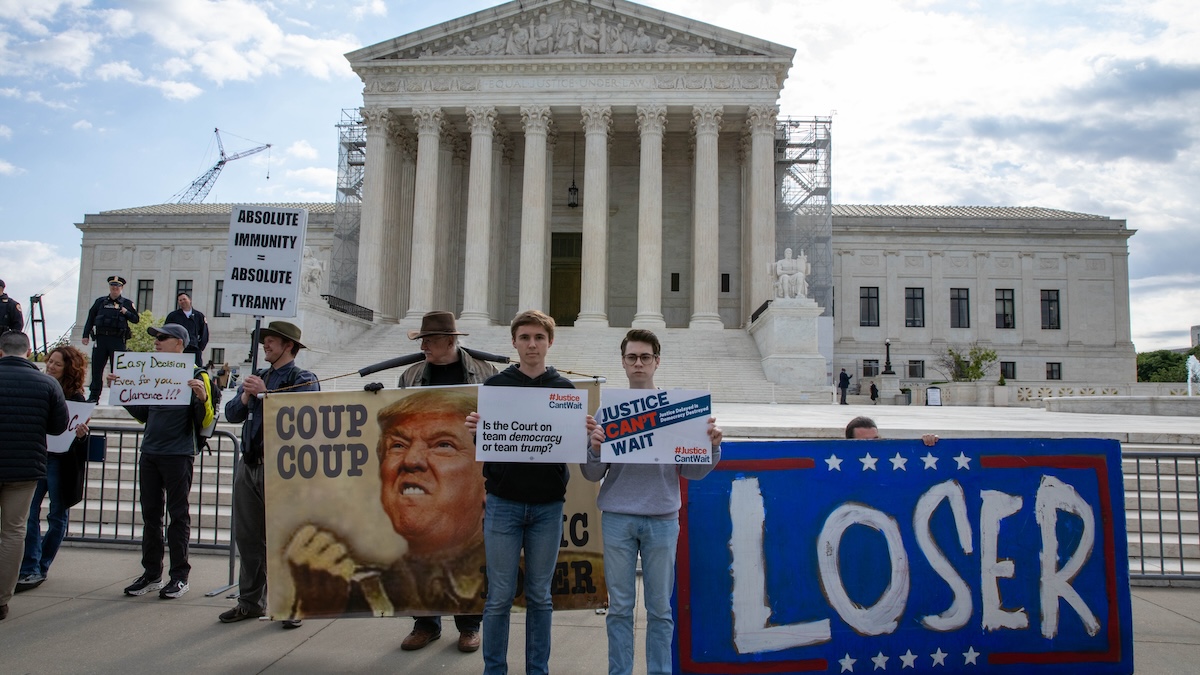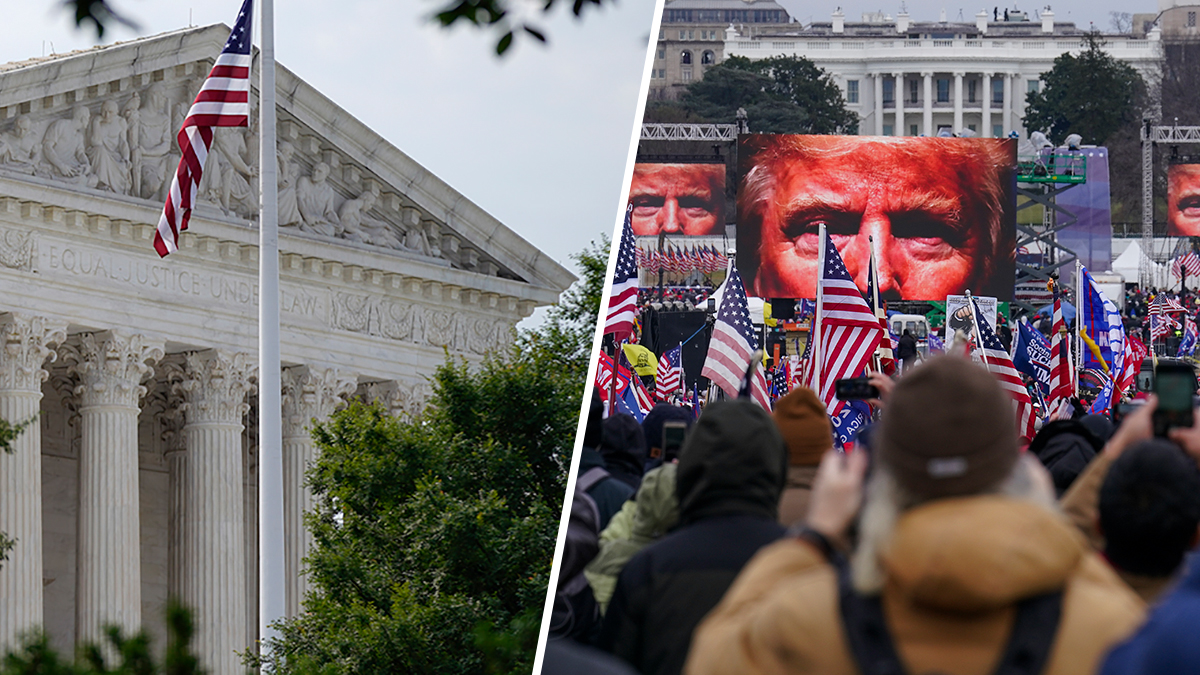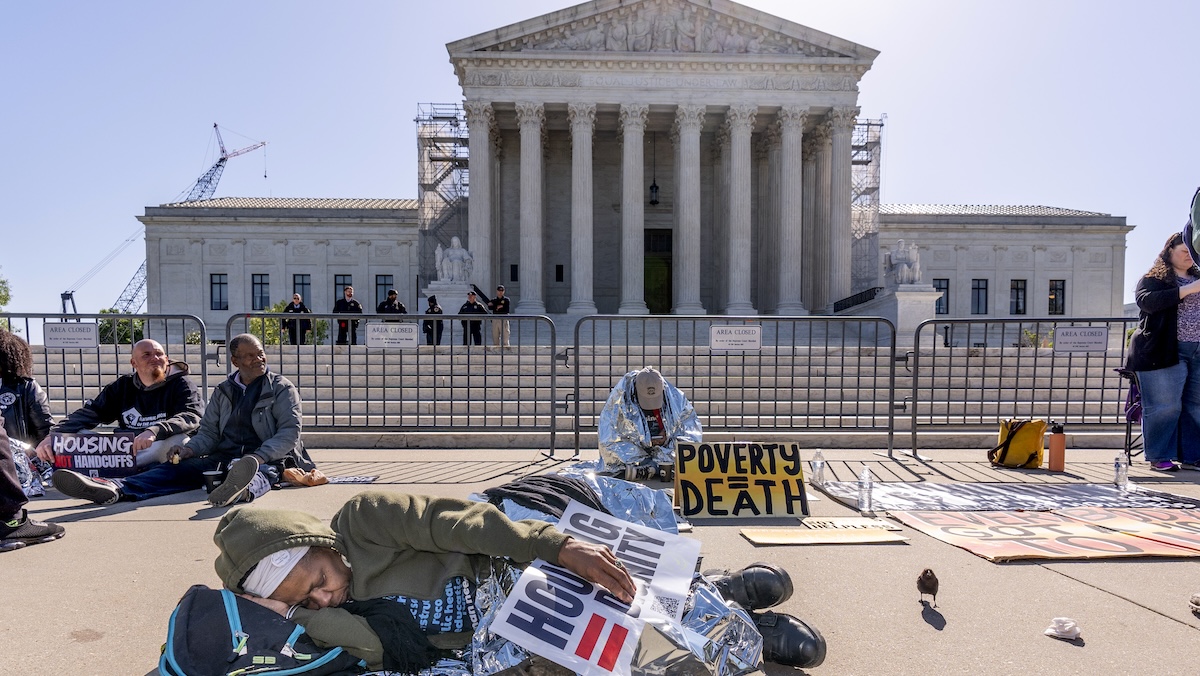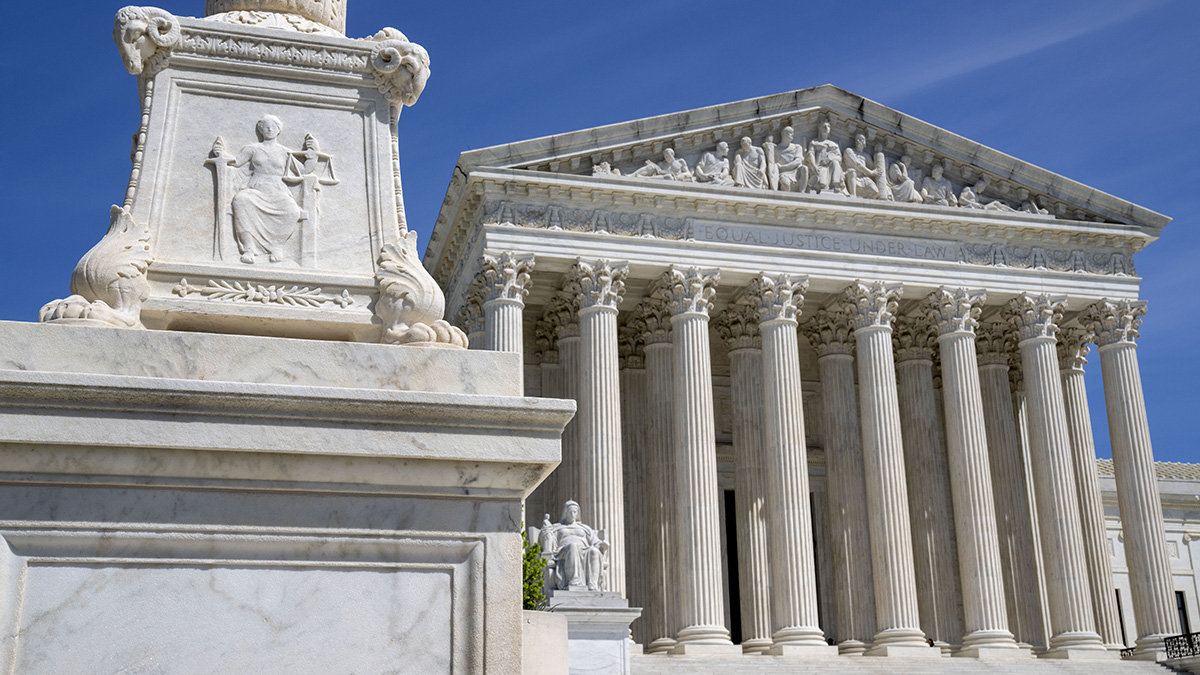
The Supreme Court is headed into its final few weeks with about a third of the cases heard this year still undecided, including ones that could reshape the law on everything from guns to abortion to social media. The justices are also still weighing whether former President Donald Trump is immune from criminal prosecution in the election interference case against him, more than a month after hearing arguments.
The court heard 61 cases this term, and 19 remain unresolved.
Here's a look at some of the major undecided cases:
Presidential immunity
Get top local stories in Southern California delivered to you every morning. >Sign up for NBC LA's News Headlines newsletter.
Donald Trump is arguing that former presidents are immune from prosecution for official acts they took in office and that the indictment he faces on charges of election interference must be dismissed.
The Supreme Court has previously ruled that former presidents can’t be sued in civil cases for what they did in office, but it has never weighed in on criminal immunity.
The timing of the decision may be as important as the outcome. Trump’s trial in Washington, D.C., may not take place before the November election, even if the court rules he is not immune.
Jan. 6, 2021
A former Pennsylvania police officer is challenging the validity of obstruction charges brought against hundreds of people who took part in the violent assault on the Capitol on Jan. 6, 2021. Trump faces the same charge of obstructing an official proceeding.
The issue is whether a law meant to discourage tampering with documents sought in investigations can be used against the Capitol rioters.
Emergency abortion
There’s a second abortion case on the docket this year: whether doctors can provide that medical procedure in emergencies in states that banned abortion after the court overturned Roe v. Wade.
In a case out of Idaho, the Biden administration says abortions must be allowed in emergencies where a woman’s health is at serious risk.
The state argues that its strict abortion ban does allow abortions to save a woman’s life, and doesn’t need to expand exceptions for health risks.
Guns
The justices are weighing whether to uphold a federal law that seeks to protect domestic violence victims by keeping guns away from the people alleged to have abused them. An appeals court struck down a law that prohibits people under domestic violence restraining orders from possessing firearms. That court found that the law violated the 2nd Amendment right to “keep and bear arms” following the Supreme Court’s 2022 ruling that expanded gun rights and changed how courts are supposed to evaluate gun restrictions.
Homelessness
The most significant Supreme Court case in decades on homelessness centers on whether people can be banned from sleeping outdoors when shelter space is lacking.
A San Francisco-based appeals court decision said that amounts to cruel and unusual punishment.
Leaders from California and across the West say that the ruling makes it harder for them to regulate homeless encampments encroaching on sidewalks and other public places.
Advocates say it would criminalize homelessness just as rising costs have pushed the number of people without a permanent place to live to record levels.
Chevron
The justices could overturn a 40-year-old decision that has been cited thousands of times in federal court cases and used to uphold regulations on the environment, public health, workplace safety and consumer protections. The decision colloquially known as Chevron calls on judges to defer to federal regulators when the words of a statute are not crystal clear. The decision has long been targeted by conservative and business interests who say Chevron robs judges of their authority and gives too much power to regulators.
Social media
Three cases remain unresolved at the intersection of social media and government.
Two cases involve social media laws in Texas and Florida that would limit how Facebook, TikTok, X, YouTube and other social media platforms regulate content posted by their users. While the details vary, both laws aimed to address conservative complaints that the social media companies were liberal-leaning and censored users based on their viewpoints, especially on the political right.
In the third case, Republican-led states are suing the Biden administration over how far the federal government can go to combat controversial social media posts on topics including COVID-19 and election security. A federal appeals court sided with the states in finding that administration officials unconstitutionally coerced the platforms to limit conservative points of view.
Purdue Pharma
The Supreme Court controls the fate of a nationwide settlement with OxyContin maker Purdue Pharma that would allocate billions of dollars to combat the opioid epidemic, but also provide a legal shield for members of the Sackler family who own the company. The settlement has been on hold since last summer after the Supreme Court agreed to weigh in.
Air pollution
Republican-led, energy-producing states and the steel industry want the court to put the Environmental Protection Agency's air pollution-fighting “good neighbor” plan on hold while legal challenges continue. The plan aims to protect downwind states that receive unwanted air pollution from other states.
SEC
Another important regulatory case could strip the SEC of a major tool in fighting securities fraud and have far-reaching effects on other regulatory agencies. The court is being asked to rule that people facing civil fraud complaints have the right to a jury trial in federal court.





